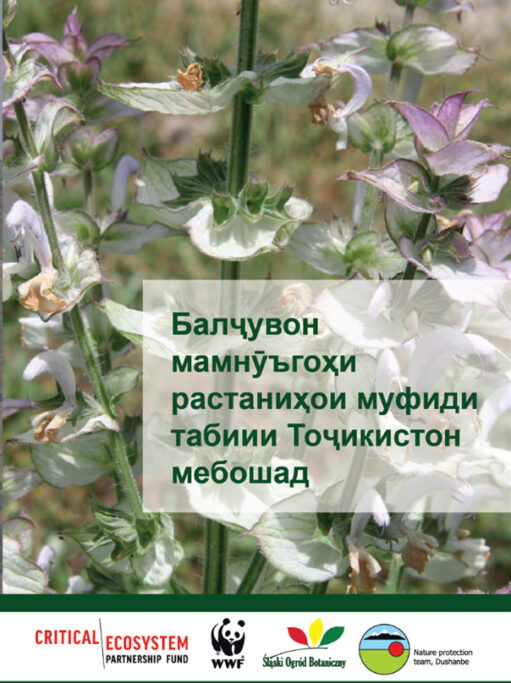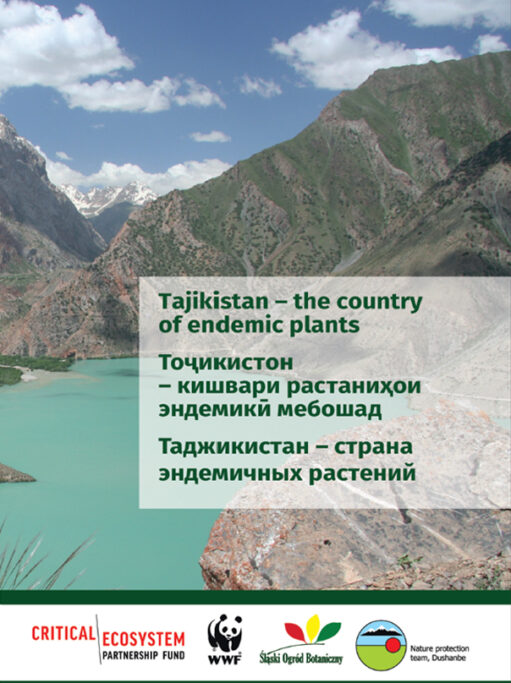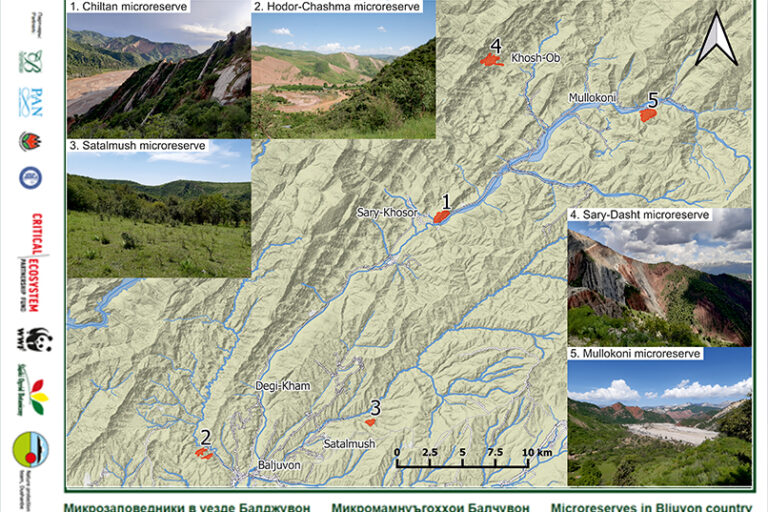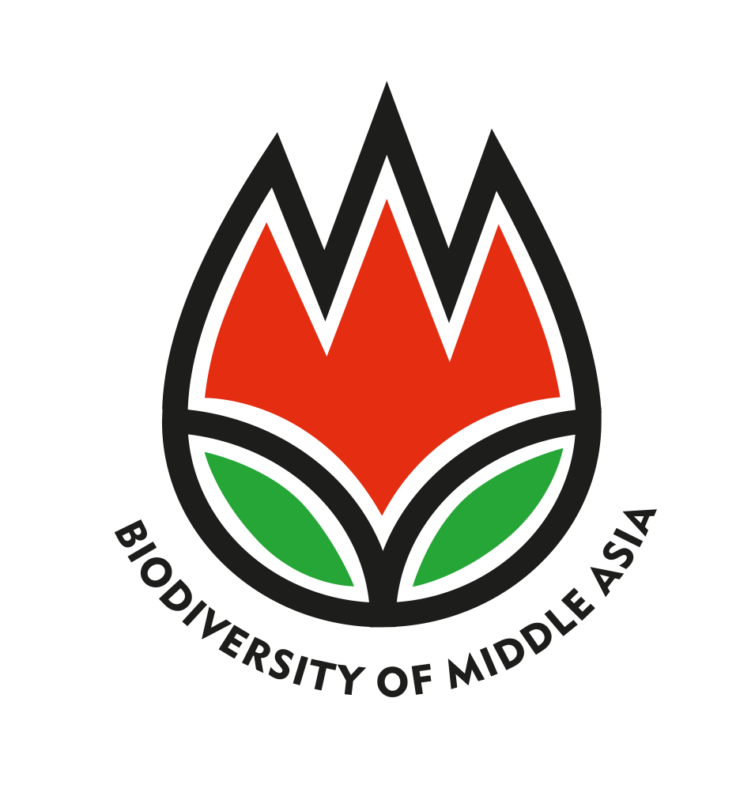The project "Engaging local communities in conservation of endangered and useful plants by establishing microreserves and promotion of ecotourism" funded by the Critical Ecosystem Partnership Fund (CEPF) and the World Wildlife Organization (WWF) ended in April with training of local people in microreserve management. The project was implemented by the Silesian Botanical Garden in cooperation with the Nature Conservation Team from Dushanbe and Balkhuwon district in Khatlon province, Tajikistan. Prof. Arkadiusz Nowak was the substantive director of the project, and the team also included Prof. Marcin Nobis; Dr. Sylwia Nowak, Prof. UO; Dr. Zygmunt Kącki, Prof. UWr; Dr. Sebastian Swierszcz, Dr. Ewelina Klichowska, Dr. Marcin Kotowski, Dr. Małgorzata Raduła, Dr. Grzegorz Swacha, M.Sc. Krystyna Waindzoch, Patryk Bubła.
As part of the project, four brochures promoting the conservation of endemics and useful plants of the Balkhuwon region were published. In addition, a guide to eco-trails (including tulip, desert, thistle, garlic and lentil) and descriptions of micro-reserves - the smallest forms of nature conservation, five of which have been designated in the Sary-Khosor Valley (Holdor-Chashma, Chiltan, Mullokoni, Satalmush and Sary-Dasht) were also published. Seeds of about 80 species of endemic, rare and receding plants were collected and deposited in the Gene Bank of the PAS Garden in Powsin.
The project was highly appreciated in Tajikistan and we hope that our team will continue its conservation efforts in the global biodiversity hotspot.




post
post
2022-04-26 10:32:07


